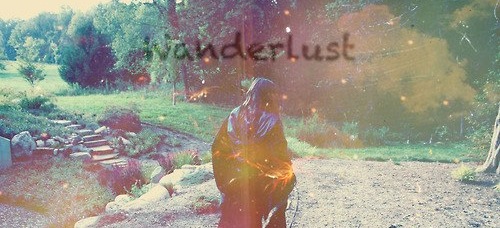vs.
This following article is my take on the adaptions of Jane Austen’s novel, Pride and Prejudice.
Jane Austen is one of my favorite authors. Pride and Prejudice is one of my favorite books. Out of all the books she wrote, it is my favorite. So my love for this book is great, and I could go off on many tangents about many different topics in the book (not limited to my love for Mr. Collins). But I’m going to talk about my follow-up question.
You see, whenever I hear that someone finished P&P for the first time, I always ask them my follow-up question: “Have you seen the movie?”
You see, whenever I hear that someone finished P&P for the first time, I always ask them my follow-up question: “Have you seen the movie?”
Book to film adaptions always interest me. Mostly because I love both books and films; and sometimes books transfer well to the screen. Other times, not—and a million things factor into why or why not, but when everything works out nicely, well, it’s a real treat. My freshman year, for some unmemorable reason, I came across the trailer for the 2005 film version of Pride and Prejudice. And as I watch it, there’s a supernova of feelings taking place inside me. But I needed to read the book first. I mean, to watch a movie before reading the book? That’s blasphemy! Grounds for extermination! So read I do. And watch the movie I shall. Normally, to read a book and watch the movie right after is a bad combination because it means I am hung up on all the little details. But this one time, it did not bother me. I loved the movie. And I prefer it to the 1995 Colin Firth version, which includes more scenes from the book. I believe Joe Wright’s version is the better adaption despite that.
And here are the million things that make or break a novel adaption—not really a million, just the top few. An adaption is more than taking all the content from a book and putting it in script format. For an adaption to work, the characters, setting, themes, chemistry, and moods of a book need to transfer well. And to do this well, content more often than not needs to be cut or edited. Often, what we need to see five or ten times in a novel before we start to realize it’s important, we only need to see once or twice on screen to realize its significance. And sometimes, not nearly as many lines are needed. The 1995 version may be exactly like the book, but the 2005 version is the book. The chemistry between Mr. Darcy and Elizabeth was set up through more than the use of words; music, cinematography, and fantastic actors all contributed to its credibility. The dynamic of the family atmosphere transferred flawlessly in a hustle and bustle of chaos amongst siblings, mother, and father. Language was understandable, yet still from the book. Many little things done right make the film a success in my mind.
The focal point of the entire film, though, is Darcy and Elizabeth. To me, this film does a fantastic job of bringing these two characters to life. From the quick, snapped head turn of Darcy’s when he first spies Elizabeth, to the clenching and unclenching fist after he helps her into the carriage, the attraction between the two is tangible. Elizabeth’s lines about her dislike of him are set off by being carried out in some hidden part of the set. Instead of sitting close by Darcy when she overhears him telling Mr. Bingley she’s, “tolerable; but not handsome enough to tempt me” she’s hidden behind a wall with Charlotte (13). One position is much better that the other to eavesdrop without being seen, and Charlotte’s presence allows Elizabeth to say everything that’s thought in the book. Jane and Elizabeth have conversations under the bed covers about their love life, which not only establishes the close relationship between themselves, but also gets those feelings for Bingley and Darcy out in the open. Whereas in the 1995 version, the only moment of inspiration is the ‘lake scene.’ While I’ll admit that is a very nice scene, the movie as a whole does not compare to Wright’s masterpiece.
The movie has only intensified my love for the book. It gives me people to picture as the characters, voices to use in my head, and the ability to understand parts of the novel much better—yes, I have read the book multiple times since watching the movie. And I do realize it might be odd to compare the movie’s about a book, but the movie truly impacts my view of the book. And I already dissected the book in my analysis. So, have you seen the movie?

No comments:
Post a Comment